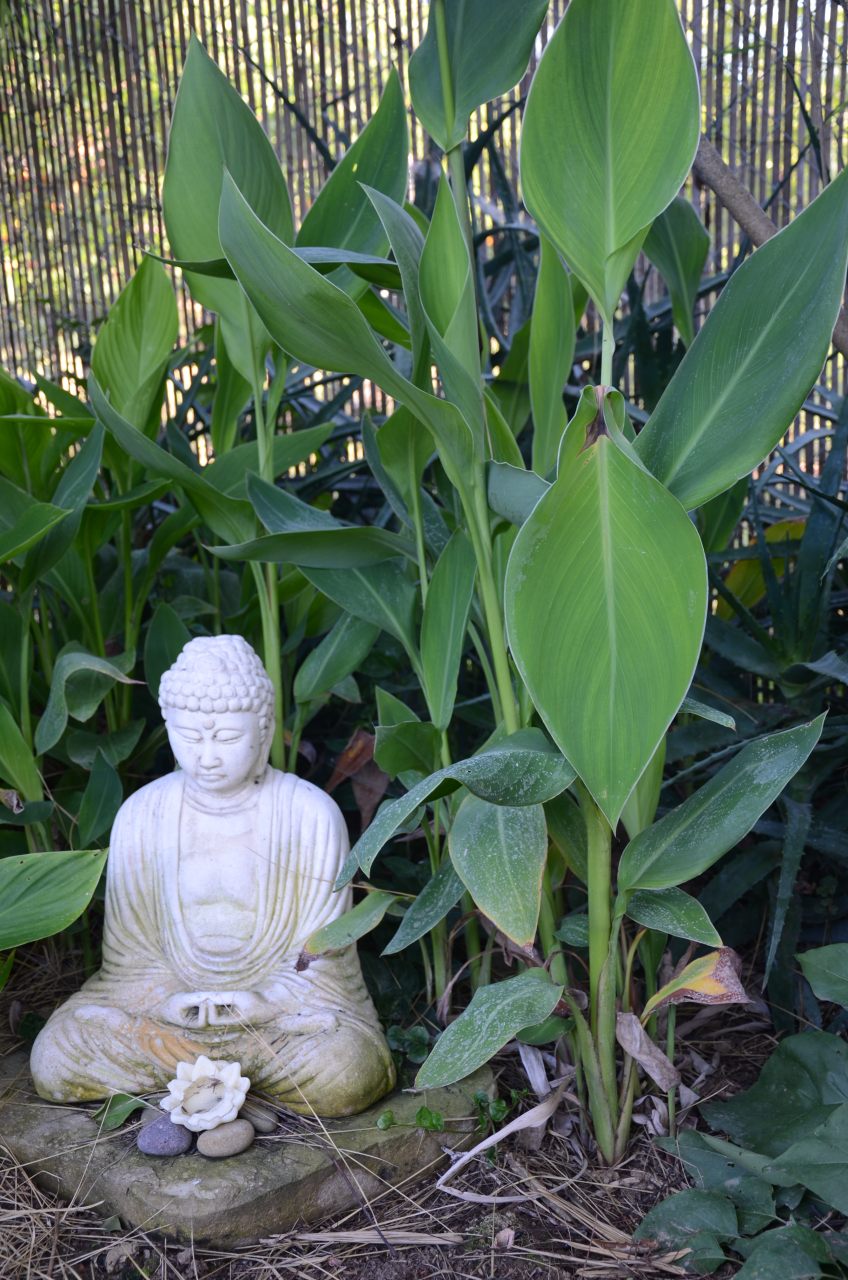You Need to Know Yourself to Have a Good Relationship

Know yourself, or Thy Self as it were, has been proclaimed by philosophers and religions for thousands of years. A simple enough truth, and yet one that often eludes us. If we had to give one factor that is critical to a successful relationship, it would be that you need to do whatever work on yourself is necessary to understand your responses and behaviors. And this is not something you do and then finish with; it is an ongoing process.
As we learn what motivates us, we can formulate our intentions and make sure they match up with our core values. Its important to be aware of not being driven by responses left over from a different part of our lives or other relationships. Our behavior is learned early; as children it is in our nature to accept facts and copy others. It has to be that way because that is how culture is passed on, and culture is a huge part of who we are. But if that is all that we put out, we are no more than a mirror of society, reflecting back all the ideas and behaviors that we have acquired.
Yet underneath all that are our own experiences and desires, and it is only by realizing and presenting these that we can be authentic. Until then, what we offer to the world is only a regurgitation of the roles and rules of society. These need to be personally evaluated and brought into line with who we are today and what is important to us today. When you know who you are, your responses are authentic and consistent, in the sense that you are always the same person to your partner, and they know that you mean what you say.
You cannot know yourself from within yourself any more than the moon knows what it looks like in the sky. You must step outside yourself to see yourself. Find the part of you that is a larger identity. Contemplate. Use other people as a mirror, even though it may be bent by their own opinions. This is a personal quest. There are many routes; find the ones that suit you best. You can think of it as transcending ego, or learning empathy. This knowing is composed of a series of insights and understandings over a period of time, and is never complete.
With this, you are able to listen fully to your partner without forming your response as they are talking, a really important part of relationship communication. As you come to know yourself you will find yourself free to act more from the present and less from reflexes and reactions from the past. You cannot speak from the “I”, sharing what you feel without making it about the other person, if you are not in touch with who the “I” is. If your mind is busy and filled with thoughts, projections, preconceptions then you will never be able to truly participate in that wonderful activity of co-creating mutual solutions.
The more you come to know and understand your own individuality, the more you will appreciate the individuality of your partner. You will not be looking for yourself in them. A person who is contact with their true self and has become aware of their values and what motivates them, will tend to be more respectful of those around them. It is from this center of personal peace that it becomes possible to enjoy the difference between you and another, and to learn to celebrate the differences you find without any sense of threat or distress.
This quest for the nature of the self is a long and honorable one. “He who knows others is wise; he who knows himself is enlightened,” said Lao Tsu, while Plato said “The essence of knowledge is self-knowledge.” The Upanishads say “Enquiry into the truth of the Self is knowledge,” while Rumi asked “Who am I in the midst of all this thought traffic?”
There are many ways to do this and the paths will be individual for each of you. But if you are to be successful in your relationships, then you will need to get busy with this work and make it a part of your life. The rewards are plentiful and the more you come in contact with your true self, the richer your relationships with others will be.
Great info…would love more info on how to achieve self-knowledge…will look at the other links in your newsletter too…Thanks! 🙂
Glad you found this blog helpful. We appreciate your feedback on the newsletter and the articles.